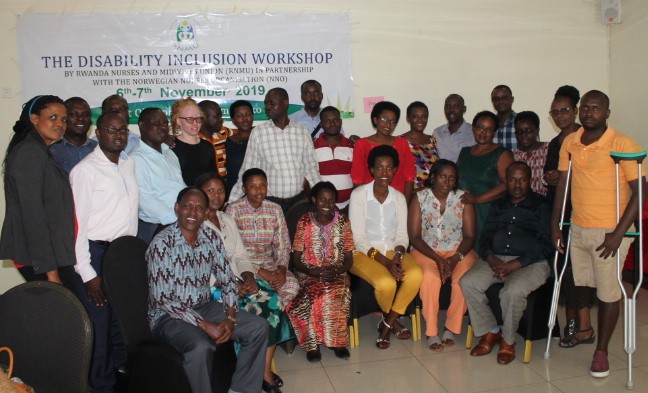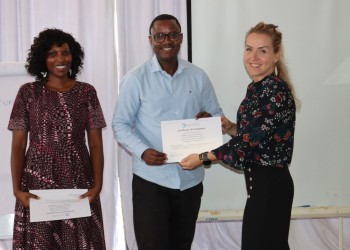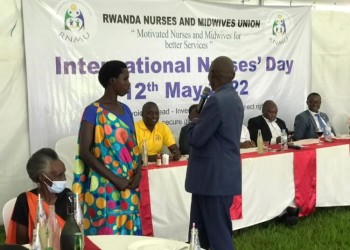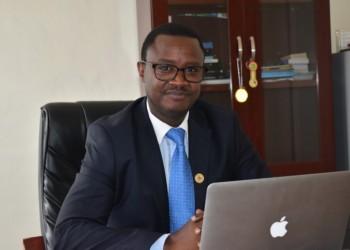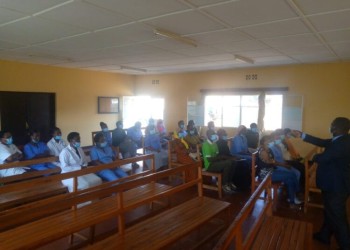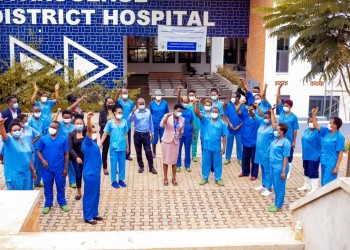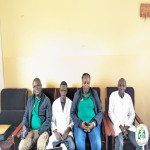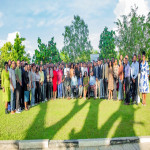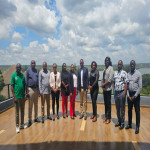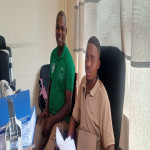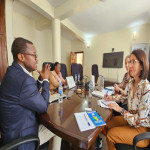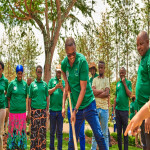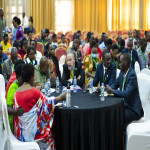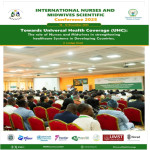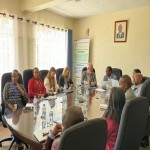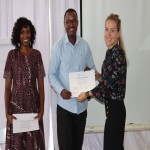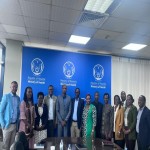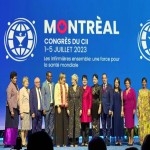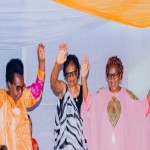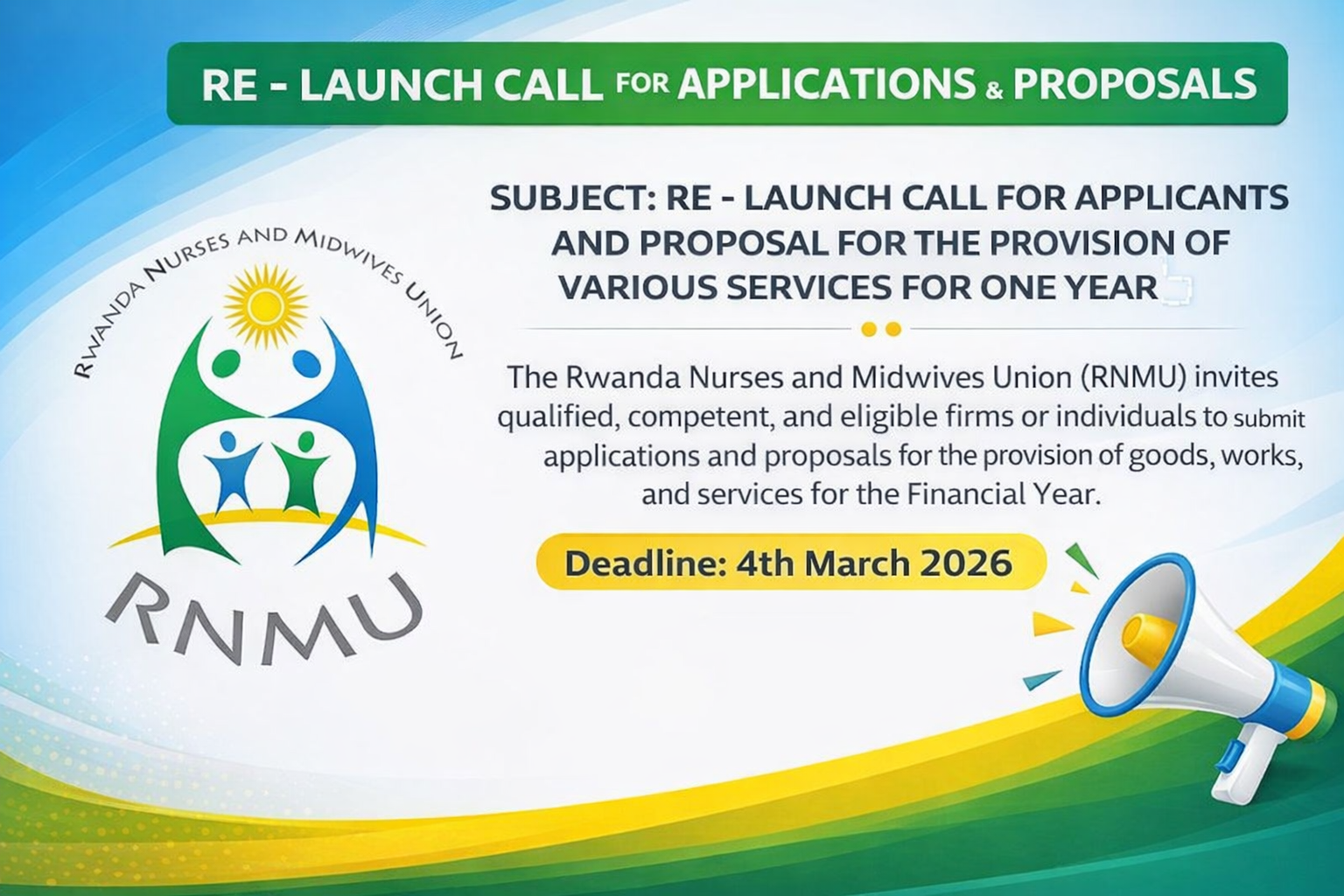Persons with disabilities face challenges to fully participate in society which is further heightened by discriminatory social attitudes – this culminates in marginalization and significant barriers to their inclusion and participation in society and in development.
It is widely recognized that discriminatory attitudes and practices can prevent people from enjoying economic participation, social inclusion and equality. Inclusion helps to reduce the burden of prejudice with respect to disability and increasing the chances of equal of opportunities and fulfilment of human rights (Source: UNDP, 2018).
Aaccording to the UN Convention on the Rights of Persons with Disabilities, persons with disabilities have rights to fundamental needs including education (article 24), health (article 25) and employment (27). Amongst other primary rights, health represents the first building block for sustainable development and has always had a central role in Norwegian and international development work. Nurses and midwives are considered to be the very backbone of the health service, helping people with their medical needs in all conceivable situations throughout their life. In order to do this, nurses and midwives need solid expertise and knowledge, opportunities for professional development, and good, safe working conditions. This is at the very core of the work of the nursing organisations (Source: Position paper of the NNO).
Additionally, NNO’s vision is to help its sister organisations safeguard the interests of nurses and midwives for the benefit of public health and quality of life. Ensuring that these commitments are translated into effective action requires a precise understanding of the target populations, including persons with disabilities. To do this, the organisations must have basic knowledge and skills on disability inclusion.
More importantly, NNO’s development work represents an essential part of the efforts aimed at achieving key objectives in Norwegian development policy, including sustainable development goals 3 and 8 – good health and decent work. To this end, NNO has a 5-year grant agreement (2019-2023) with the Norwegian Agency for Development Cooperation (Norad) for co-financing the project “Closing the gap: Sufficient, competent and motivated nurses and midwives” to assist Malawi and Rwanda in addressing their population’s current and emerging health needs.
In this regard, together with the Rwanda Nurses and Midwives Union (RNMU) endeavored to reach those who are really left behind and reach the marginalized nurses and midwives. This is in line with the 2030 Agenda and the principles of human rights and of leaving no one behind. NNO strives for making the nursing professional more inclusive by increasing awareness and improving skills of the partner organizations to include persons with disabilities in their programmes.
The goal started with pre-training in disability inclusion for RNMU. The training respectively took place on 6th and 7th /November/2019. The participants were from MOH,RNMU,CESTRAR,NUDOR,NCPD,nurses/midwives with disability,RNMU representatives of the social and gender committee.
Training objectives
- Train nurses/midwives in Rwanda on the inclusion of persons with disabilities focusing on how they can better and inclusively meet, communicate with and treat persons with disabilities in their workplace;
- Build capacities of Rwanda Nurses and Midwives Union (RNMU) on how to effectively include nurses/midwives with disabilities in their organisations;
- Reinforce capacities of midwives and nurses with disabilities on how they can lobby and publically advocate for their rights;
- Guide Rwanda Nurses and Midwives Union (RNMU) on how to develop a disability inclusion plan and implementation strategy for further action.




